How do we Measure Success?
— by Jonathan Reckford
I often ask my team, “What will success look like?” If you are focused on achieving goals and the bottom line, metrics are critical markers of progress. At Habitat for Humanity, one way we can measure our impact is through the millions of people we have served. Calculating the number of families who have built or improved their homes with our help is critical as we seek to further our mission. Our vision of a world where everyone has a decent place to live calls us to scale our work, but we must also acknowledge the tension between scale and deep transformation.
Our work in communities around the world gives us the insight and credibility to affect markets and impact exponentially more people. We must never forget, however, that each of the numbers reflected in our metrics represents one of God’s children. The danger would be to undervalue the less scalable but incarnational work that happens in community. When the spirit of shalom permeates all that we do, victories come in the form of transformative moments.
For almost 15 years, I have had the great honor to work alongside former U.S. President Jimmy Carter, who is one of Habitat for Humanity’s greatest champions. Following the devastation wrought by Hurricane Harvey along the coast of the Gulf of Mexico in 2017, he wrote:
When the water rises, so do our better angels. I’ve seen it again and again. We all have. Pick a past disaster, and I’ll tell you at least a dozen stories that stand as living testaments to our collective compassion, generosity and unity.
His words inspired me to write a compilation of stories that demonstrate how it’s possible to build friendships instead of creating division. How it’s possible to communicate when you don’t speak the same language. How it’s possible to change the lives of others.
The following three stories from my book, Our Better Angels, are powerful examples of unlikely people coming together to build one another up and create community. They are indeed paradigms for those who are blessed to be the peacemakers.
One of the best places I know to begin is in Vietnam.
During his service in the Vietnam War in 1967 and 1968, Vic Romback and his crew flew C-130s delivering ammunition, food, water and mail to American troops. The crew was also tasked with transporting the bodies of the war dead. For a 20-year-old from the Upper Peninsula of Michigan, the experience was life-defining.
Forty years later, Vic came back to Vietnam with a team of Habitat volunteers to help build houses with people in need of decent shelter. He was quickly hooked and would return many more times as he realized he was building not just houses but also deep connections with the Vietnamese people and other veterans.
His fifth Vietnam Habitat trip was his first to the northern part of the country. It was in Thai Binh, near Hanoi, the capital of Vietnam and the former capital of North Vietnam during the war. As one of the house leaders, Vic stood up on the first night of the trip, introduced himself and told the group they were in for a great experience. He was lost in giddy anticipation of the days to come until one of the translators suggested that the group not advertise that they were war veterans.
Vic was stunned.
On his previous building trips in the southern part of the country, he had been so moved by the healing that took place and the relationships that were built when veterans from both sides worked together. It hadn’t occurred to him that this trip might be different. He had hoped the other veterans would find the same sense of healing he’d always felt. Suddenly, he was worried the trip would reopen old wounds instead.
His roommate, Jim Lempke, was also concerned. The last time Jim had been on Vietnamese soil was at the end of his tour with the U.S. Army in late 1970. He had left the country with a heavy heart that he had carried with him ever since. He’d had to summon a lot of courage to return and face the people he’d once fought against.
But he felt like he was supposed to go back to Vietnam for a purpose, and he wasn’t ready to give up on that idea. He was going to represent his country and interact with anyone who would make eye contact with him. He and the other veterans had come to make peace, and nothing was going to stop him from spreading that message.
The first morning on the work site, notions of reconciliation were almost lost during the grueling work in the hundred-degree heat. The volunteers cut and straightened rebar; hand-mixed concrete; and hauled bricks, sand, gravel, mortar and water while the skilled Vietnamese workers mostly kept to themselves.
A few days into the build, everyone began to settle into a rhythm, and bonds began to form. Through a translator, Jim began a conversation with the homeowner, her sister and her sister-in-law who lived next door. They talked about the excitement of the new home, and Jim told the women he was honored to be there. He explained that he loved the land, the culture and the people of their country. Each told of their war experiences — he as a soldier, and they as individuals who had lost family members in the war.
Afterward, in tears, one of the women said, “The past is gone, and we cannot look back with regrets. We must look forward with joy.”
That was difficult, though, as she had recently lost her younger brother. Jim said he was sorry, and almost without thinking he said, “Maybe I could be your brother now?”
She nodded and replied through the translator that he should now consider her Chi, the Vietnamese word for older sister. Then she reached out and took Jim’s hands in hers, and with words and tears, they communicated wishes for one another for a good life for their remaining years.
That conversation was a turning point for everyone. Over the course of the week, by working together toward a shared goal, the volunteers earned the respect of the local workers.
One night toward the end of the trip, the veterans assembled in a circle for a time of sharing. One of the translators, who was also a war veteran, asked some questions that the Vietnamese Habitat staff had put together. Two of the questions were “Why did you come here?” and “How do you feel about our country and the people?”
Jim told his story, and then another veteran volunteer said, “For 50 years I haven’t been able to forgive myself for all the killing I did while I was here in Vietnam. Now, after meeting these nice people, I’ve started to forgive myself. By the time I get home, maybe the process will be completed.” There wasn’t a dry eye in the room. Even the three translators were weeping. One of them explained that until that moment they had not realized how much the American veterans had carried with them all of those years.
Each time I have visited Vietnam, I have been deeply moved to see the catharsis and healing as veterans from both sides of the war built homes together.
“Thou preparest a table before me in the presence of mine enemies: thou anointest my head with oil; my cup runneth over.” (Psalm 23:5)
I have never witnessed such a breaking down of barriers as on one of my first Habitat builds, which took place in India.
I was relatively new on the job when I traveled to Lonavala in 2006 to work alongside President and Mrs. Carter. Since 1984, the Carters have been champions and strong voices for affordable, decent housing for all, donating their time and leadership each year to build and improve homes through an annual project that bears their names.
Arun was the manager at the hotel where I stayed. He was surprised to learn that volunteers from around the world had gathered to help his neighbors and that it was women who had saved for the down payments and would be purchasing their families’ homes. And he found it unbelievable that President and Mrs. Carter would actually be helping to build the houses.
After hearing some of us discussing the first day, he decided to come and build the next. He was so moved by the experience that he returned several times to continue building. He was surprised by three things he observed. He said:
You could not hire contractors to work so hard, with such attention to detail. He insisted that you can’t buy that kind of conscientiousness. It has to come from the heart.
The Habitat volunteers were willing to sweat and toil for something infinitely more lasting than merely the completion of a job. They labor to serve, to give deeply of themselves to touch the lives of their neighbors, whether half a world or half a block away.
Such a degree of equality was evident on the build site with people of different genders and such different cultures, backgrounds, socioeconomic levels and religions working together on a first-name basis, in honest and respectful exchanges.
I have heard President Carter say many times that Habitat for Humanity is the best way he knows to put his Christian faith into action. One of the things he appreciates most about Habitat is that it provides the opportunity for people of different faiths and income levels to come face to face and learn that they have so much more in common than they would have ever imagined. They share strong values, deep love for their family and their community, and they have no fear of hard work. It’s just that we have not all had the same advantages or opportunities in life.
I counted people of 21 different nationalities working on the duplex I was helping to build. Sadhiya Sheikh and her husband, Aziz, would live on one side, and the other unit would belong to Shalini Sathe and her husband, Subhash. Shalini was pregnant with her second child, and the thought that this baby would get to grow up in this beautiful house we were working on instead of in a shack built from mud and thatch or worse made us all very aware of what we were doing.
On the day their homes were dedicated, Aziz reached over and draped his arm over the shoulder of his new neighbor Subhash. He said, “We are from different faiths and different castes, but now we are brothers!”
Not only did they develop a great friendship, but their image of Christians changed as well. Prior to the build, they did not have a very good impression of Jesus followers, but because of the volunteers who came to India to help them, their attitudes are different.
How good and pleasant it is when God’s people live together in unity! (Psalm 133:1)
Finally, the idea of shalom couldn’t have been more alive than on a build site in Durham, North Carolina.
At first, it appeared that the timing couldn’t have been worse. A build day had been scheduled on Sunday so that the congregation of Beth El Synagogue could participate. But the day before, a gunman had shot and killed 11 congregants at the Tree of Life Synagogue in Pittsburgh.
The best response to such a tragedy, however, was to come together in the community and love one another. Hope Hartman, the social action committee chair at Beth El, wondered what the shooter would think about the work that was being completed and the dedication service that would take place that day. Here they were — a group of Jews, Christians, and Muslims working side by side to build a home with Muslim immigrants from Saudi Arabia and Sudan. But she didn’t dwell on what had happened the day before. She was focused on the strength and compassion of her community and others around the world.
In the four days following the attack, Muslims from many locations would raise over $200,000 for their Jewish brothers and sisters.
In Durham, it seemed like it was a season of building — in every sense. At the time, the Beth El Synagogue was being rebuilt. The congregation was being housed and was holding services at a neighboring church, Trinity Avenue Presbyterian. The church was hosting them rent-free during the construction, which could take as long as two years. For Hope, this day felt like part of a beautiful circle that exemplified what was so great about their city and the love they felt for their neighbors. While the Jewish congregation was having its house of worship rebuilt with the help of the Presbyterians, they were able to help a Muslim family build their home.
Bear one another’s burdens, and in this way you will fulfill the law of Christ. (Galatians 6:2)
These stories and many more that I get to witness each day nurture my spirit. They fill me with hope and help me see how good the world can be. They remind me that we don’t have to buy into the rhetoric of hate that says in our increasingly polarized world, we can’t find common ground or even talk with people who don’t agree with us. Rather, the Great Commission entreats us to care about one another and to build a world of shalom.
This is one of the 2020 CEF Whitepapers. For more information on the Christian Economic Forum, please visit their website here.
Related articles
——
[ Photo by Charles Deluvio on Unsplash ]















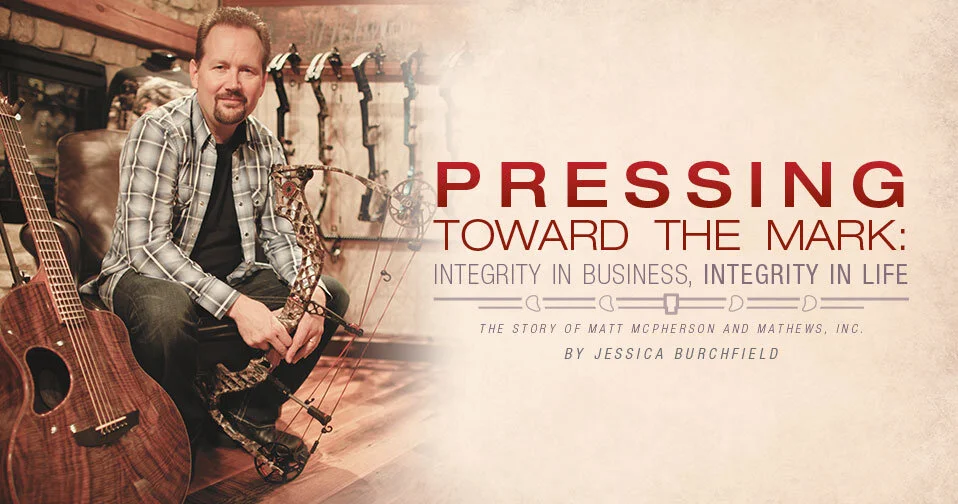





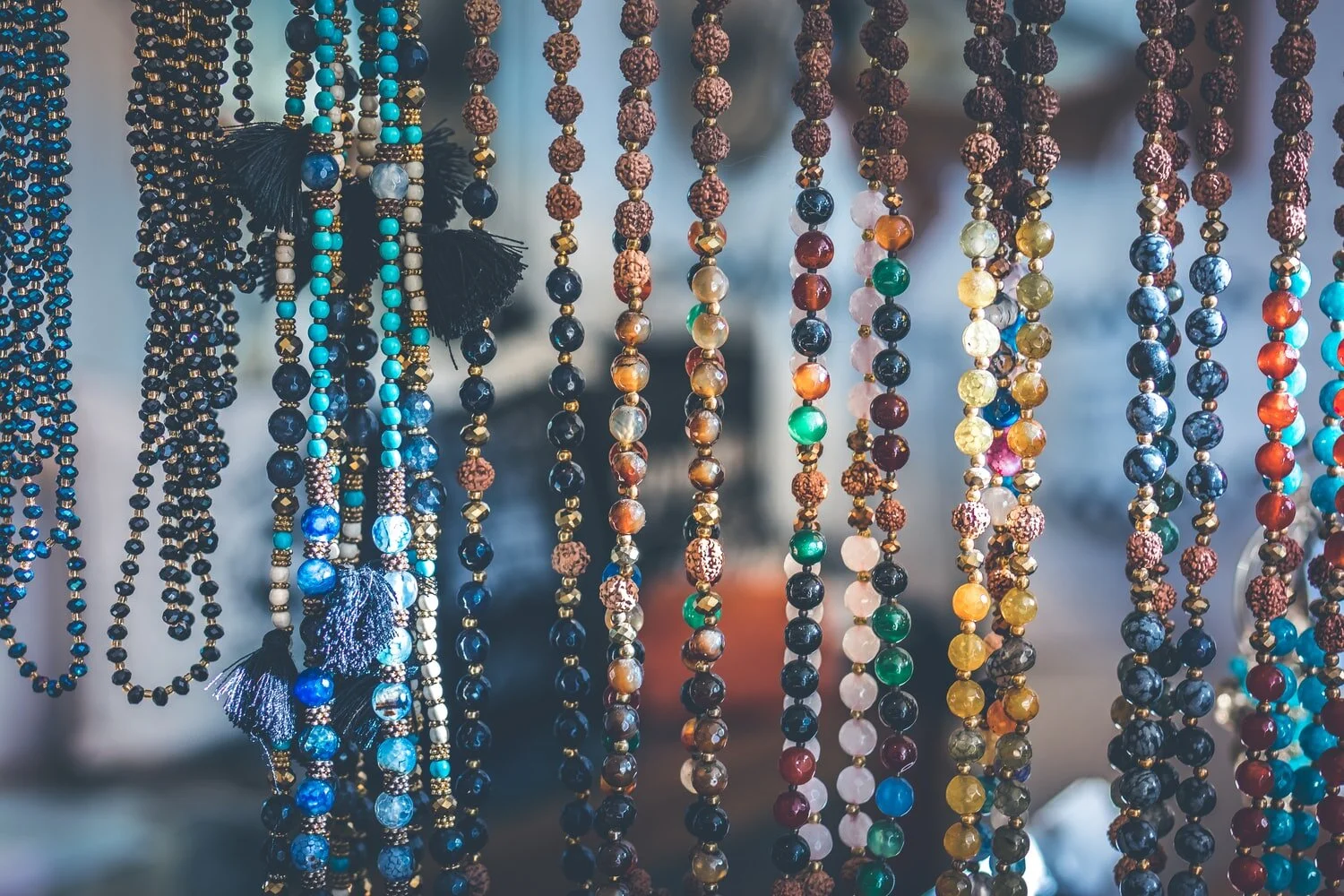


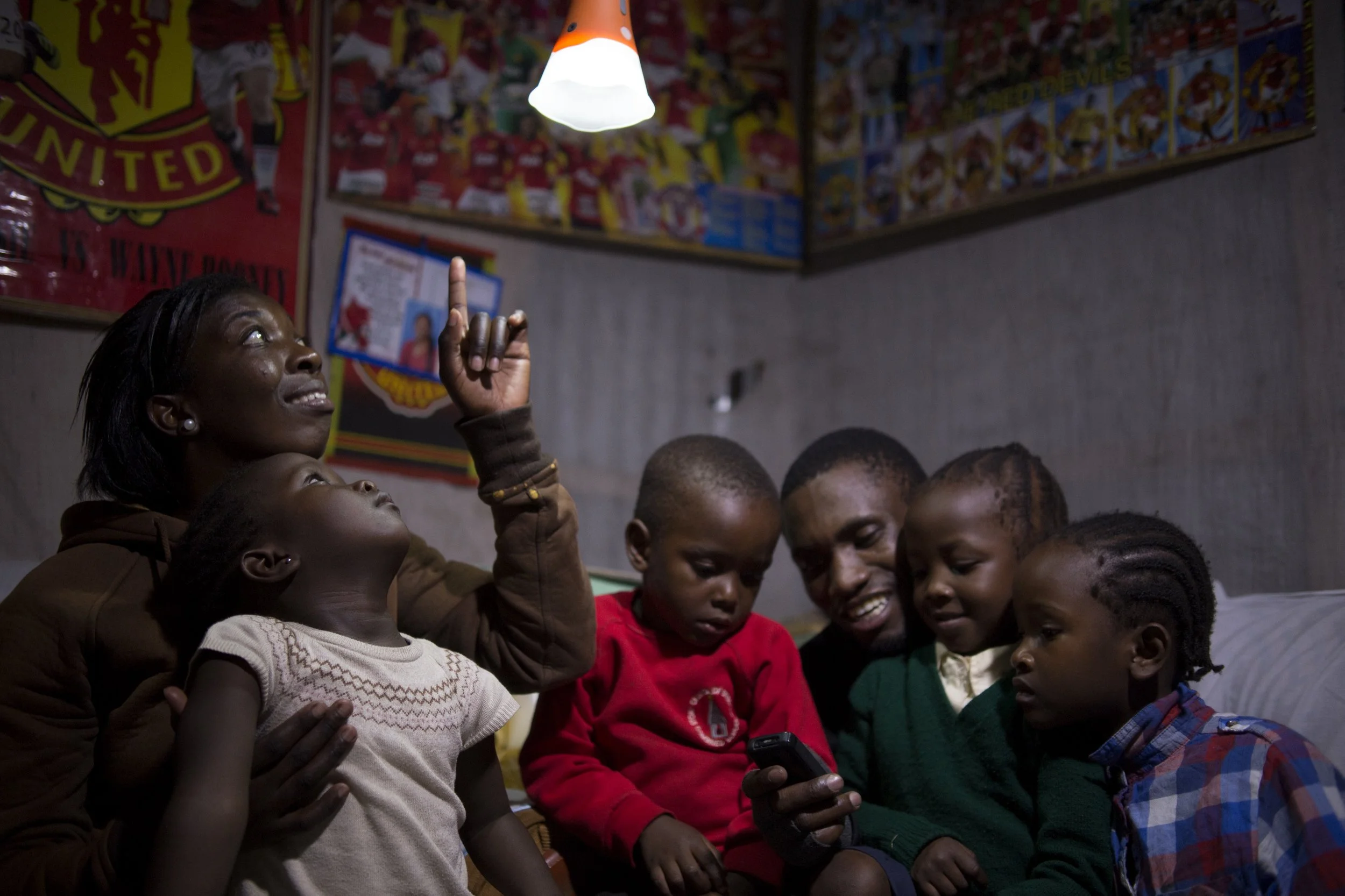
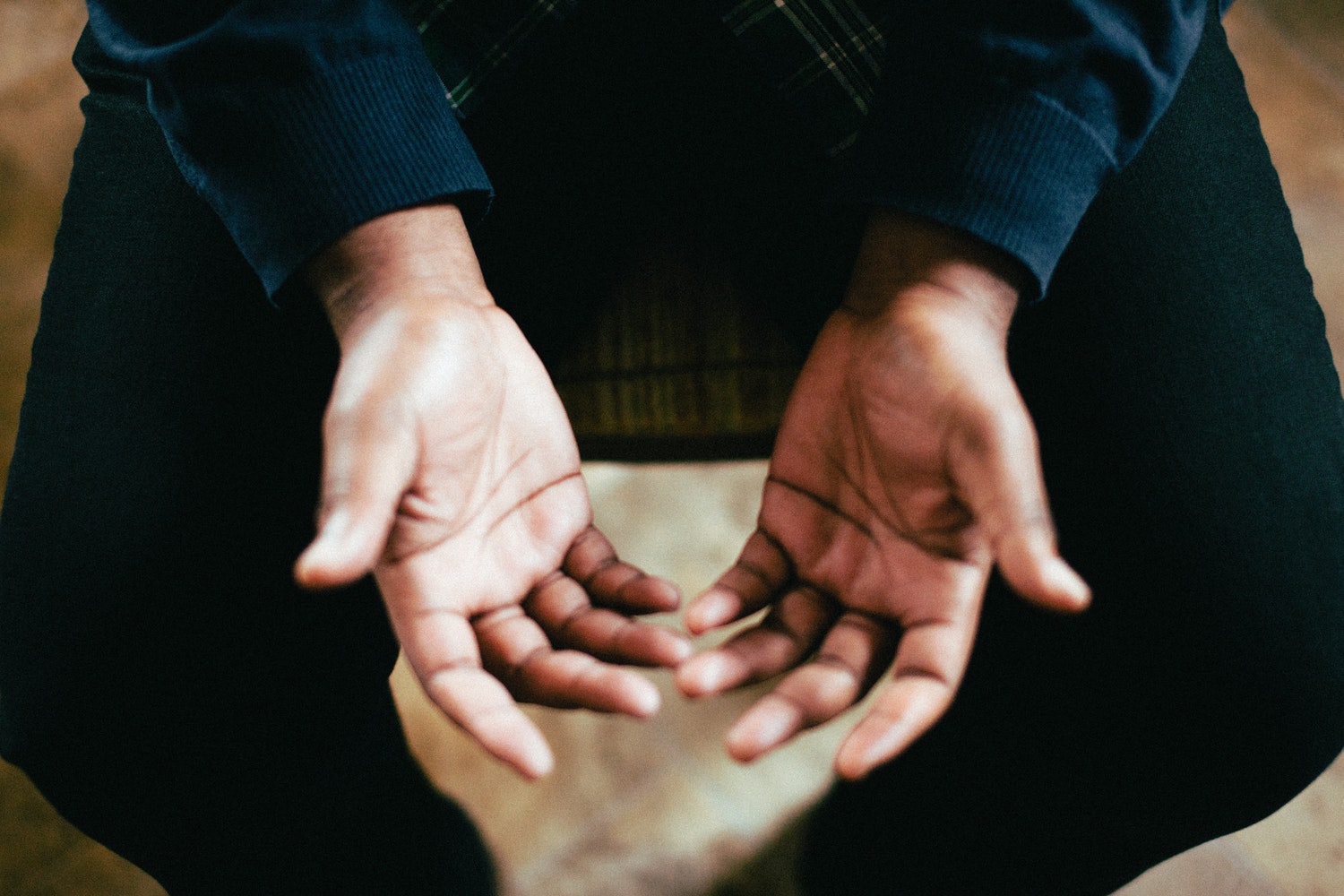



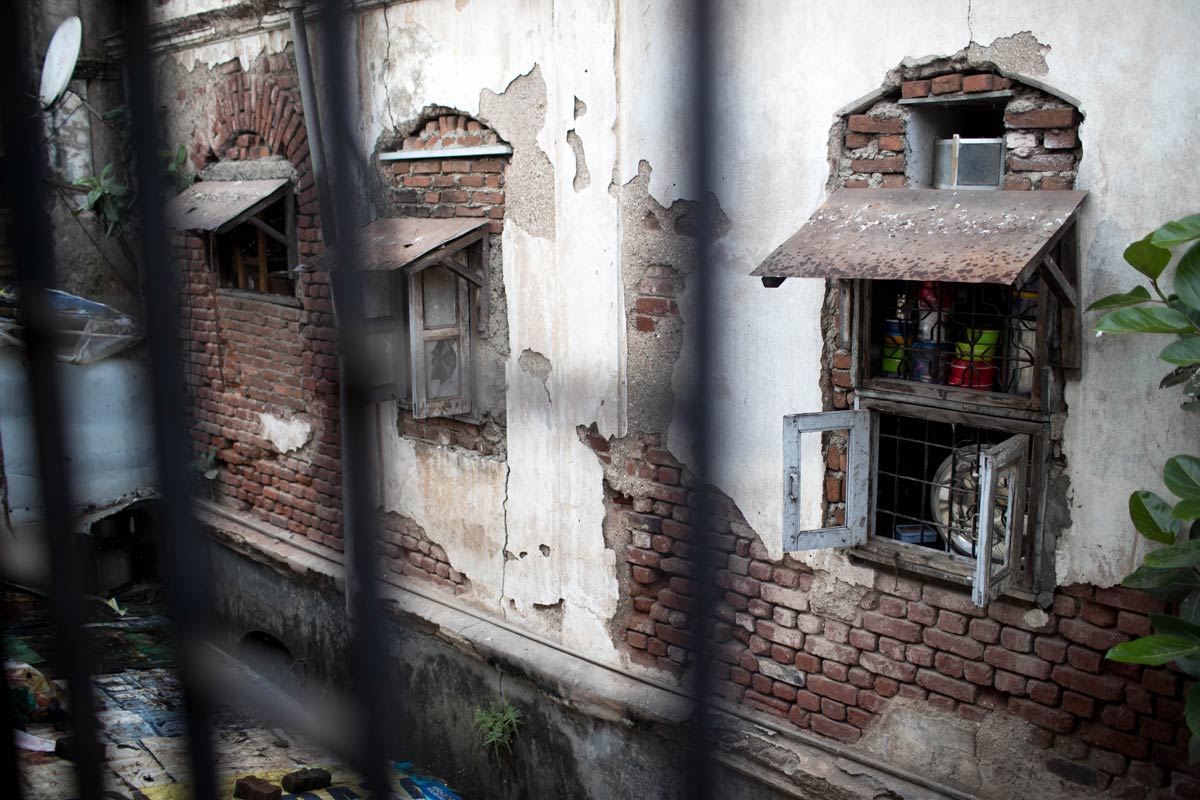
We are in the process of a tectonic transformation in the way we work and live – let’s rise to the challenge of using generative AI to speak and create life, rather than standing on the sidelines.